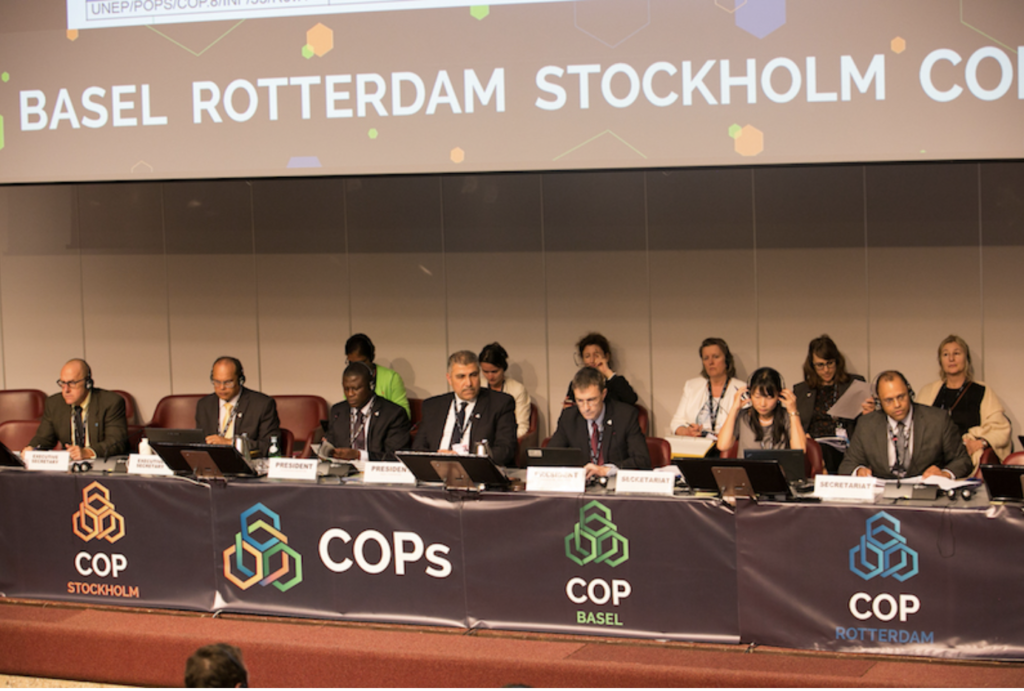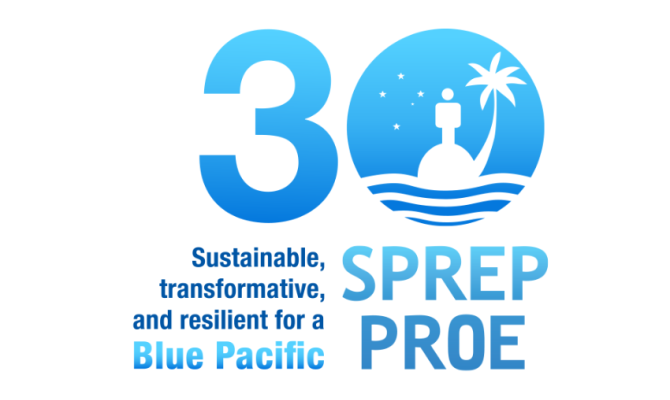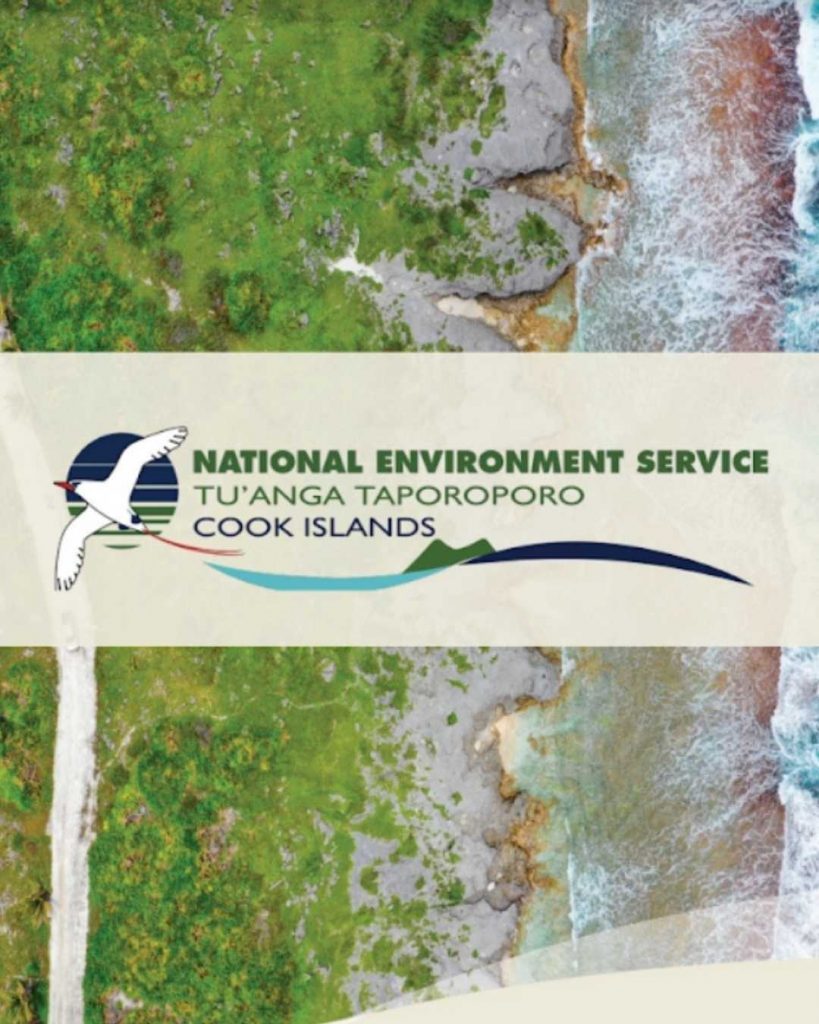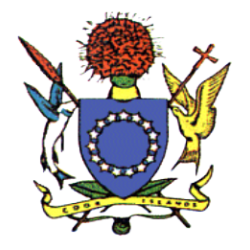Temarama Anguna, Secretary of the Ministry of Agriculture, and Vavia Tangatataia and Roselyn Strickland from NES joined a thousand other participants in the Basel-Rotterdam-Stockholm (BRS) Conferences of the Parties (COP) in Geneva last month. The Basel, Rotterdam and Stockholm Conventions are multilateral environmental agreements that share a common objective of protecting human health and the environment from hazardous chemicals and waste.
The theme for the triple COP meeting was “Accelerating action: Targets for the sound management of chemicals and wastes.” Amongst the participants were representatives from state parties, observers, non-governmental organisations, intergovernmental organizations and regional centers.
The Cook Islands delegation made several national interventions throughout the two weeks convention. The country positions requested for assistance in strengthening the implementation of the Conventions. Most Pacific member states and Small Island Developing States (SIDS) had similar issues relating to hazardous chemical waste. Pacific SIDS proposed similar solutions to counter waste management issues relating to national implementation.
There were several outcomes achieved from the BRS COP. For the Basel Convention, a technical guideline on plastic waste was adopted. For the Rotterdam Convention, extensive discussions were undertaken on the inability to list chemicals. Intersessional processes and adding of a new annex to the Convention was proposed. While a majority was not obtained, the list of chemicals continues to be a key focus for future deliberations. For the Stockholm Convention, an agreement was met to eliminate the production and use of methoxychlor (a pesticide), dechlorane plus (a flame retardant) and UV-328 (an ultraviolet filter used in plastics).
For the Cook Islands, some of these outcomes include financial resourcing, capacity and capability assistance, guidelines for environmental sound management of waste.







